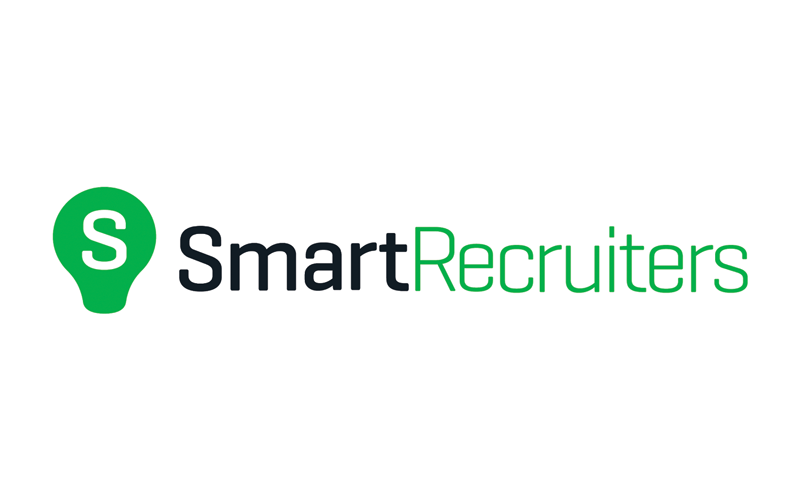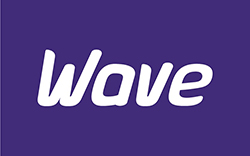Tech & Tools: January/February 2024

IN FOCUS: Where is the future of work heading?
Jack Kennedy, senior economist at job site Indeed UK
The prevailing post-pandemic job market has been candidate-led, but the ongoing softening of labour demand spells a shift in the balance of power towards employers in 2024. Hybrid working is one example, with many firms having made return-to-office mandates over the past year. Indeed’s 2024 UK Jobs & Hiring Trends Report found that the share of job postings mentioning remote or hybrid terms has dipped from 16.3% in May to 14.8%, as of the end of November, though remains over three times higher than before the pandemic.
However, jobseeker interest in remote and hybrid work remains high, with searches having risen 10-fold from pre-pandemic levels. So, in the year ahead, offering location flexibility will remain a powerful attraction and retention tool, particularly for smaller companies looking to compete for top talent with larger competitors.
Of course, not every job can be done from home, so in 2024 I expect to see employers offer other forms of flexibility to attract and retain talent. One interesting trend is that the share of job postings mentioning four-day work week arrangements has been rising, albeit at 0.8% remains a niche offering. Notably, the share is highest among the least remote-friendly occupations including healthcare, childcare, manufacturing and food service.
Sharon Steiner, chief HR officer at freelance online marketplace site Fiverr
In 2024, the global talent shortage looms larger than ever. Recent studies reveal a stark reality: 23% of workplaces faced vacancies in the past year, with 10% attributed to skills shortages. This signals a growing need to tackle workforce skills gaps, in new and sustainable ways. The data highlights the case for embracing freelancers in various roles, as they bring flexibility and specialised skills that contribute to the essential process of adaptation and success in the evolving job market. UK businesses are already embracing them as recent research from Fiverr reveals that 47% of businesses plan to hire freelancers next year.
In the new year, we will continue to witness this shifting landscape and see the freelance community continue to grow. These freelancers will evolve to stay relevant and are emerging as pioneers of innovation, filling the gaps in an environment where skills, not just jobs, define success. For 2024, embracing new skills and helping your team to innovate is no longer a choice but a necessity for thriving in the dynamic and challenging landscape of the upcoming year.
Angelique de Vries, President of EMEA at enterprise software company Workday
HR leaders will have to contend with skills shortages all while getting people back to work. It’s a complex balance to strike so the companies that put AI for positive impact first, will be the ones that navigate economic headwinds, talent shortages and employee engagement most effectively.
Our ‘Global CHRO AI Indicator Report’ revealed that a third of HR leaders (33%) think AI will improve collaboration; 27% believe it will improve the overall employee experience and engagement, and a quarter (25%) noted it will assist with talent development and upskilling.
Deirdre Byrne, head of UKI at productivity platform company Slack
Over the past few years, workers have embraced – and in some cases found – entirely new ways of working. In addition, many have had the time and space to decide where, when and how they work best. Just as no two employees work alike, in 2024 business leaders should consider and actively recognise different workplace personalities and approaches within their organisation to enable greater productivity.
This is vital as our latest Workforce Index reveals productivity isn’t linear. In fact, it happens in bursts throughout the day. Three out of four desk workers globally report working between 3-6pm, yet just one in four consider these hours highly productive. Building an empowering work environment that suits each workers’ preferences will be central to success and boosting the bottom line in 2024. This is about arming employees with flexible tools, such as a productivity platform, so they can connect with the right people, easily search and find the right information and automate work, however they work best.
Marni Baker Stein, chief content officer at online learning course provider Coursera
In 2024, AI won’t simply be at the forefront of the future of work – it will be the future of work. British workers must adapt their skills accordingly. UK companies, even those leading in their sectors, are grappling with the challenge of recruiting top digital talent, particularly individuals skilled in high-growth areas like AI. This scarcity underscores the increasing need for skills development in related fields.
Integrating AI represents a labour market paradigm shift that necessitates a workforce capable of seamless collaboration with intelligent systems. Coursera’s Learning and Development (L&D) Survey underscores this urgency, revealing that 53% of L&D leaders in the UK prioritise AI and digital skills as their top two concerns. This acknowledgement signals that UK companies must recognise the transformative potential of these skills in propelling future business growth and innovation.
The rise to prominence of generative AI means that, while not all individuals will need to understand the nuances of regression and classification or reinforcement learning, employees from marketers to sales reps to account managers will need to understand how to work alongside a technology that will become as fundamental to performing one’s role as web search.
IN BRIEF
Smarter job ad distribution

The SmartRecruiters hiring platform is working with recruitment marketing solutions company Vonq to update its SmartDistribute job advertising solution. The latest SmartDistribute provides recruiters with access to more than 2,700 specialised job boards across the globe from within the SmartRecruiters system. Recruiters can tailor job postings to match industry trends and help ensure they attract the right talent. It claims this more refined approach simplifies the process of showcasing top job opportunities, increases traffic conversion rates and helps find qualified candidates. The enhanced SmartDistribute also provides systematic distribution and tracking across a wide range of job boards.
Partnership boosts compliance-led recruitment

Recruitment software platform Voyager Infinity is partnering with Right to Work in the UK experts TrustID. The companies have a shared vision to redefine the recruitment landscape and boost compliance-led practices. It means that users have a unified platform that seamlessly integrates compliance checks and ensures full compliance with Right to Work legislation. This will increase efficiencies, reduce manual processes and increase the accuracy of candidate verification and onboarding. Users also have access to real-time updates and alerts to stay abreast of regulatory changes.
New wave of job posting

Recruitment software specialist Wave is launching an augmented version of WaveTrackR, which automatically matches CVs in an existing database to job requirements before a job is posted out. It also features the AI Job Advert Assistant to assist in drafting job ads – recruiters enter benefits, required experience and any additional information and the assistant drafts an optimised advert. WaveTrackR also analyses inputted job details to recommend the best job boards for the job as well as the best time to post, based on live data. The application still allows recruiters to post to multiple job boards, website and social media channels in a single action.
Image credit | Shutterstock
